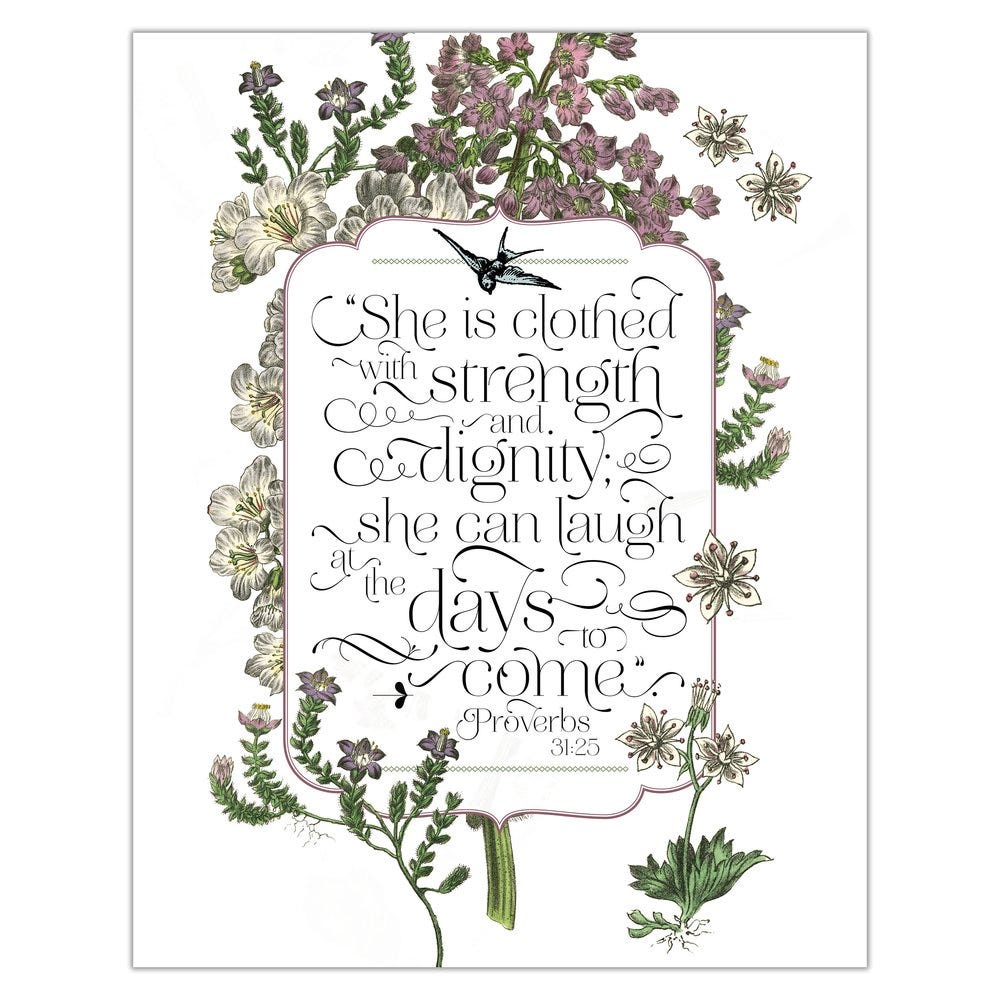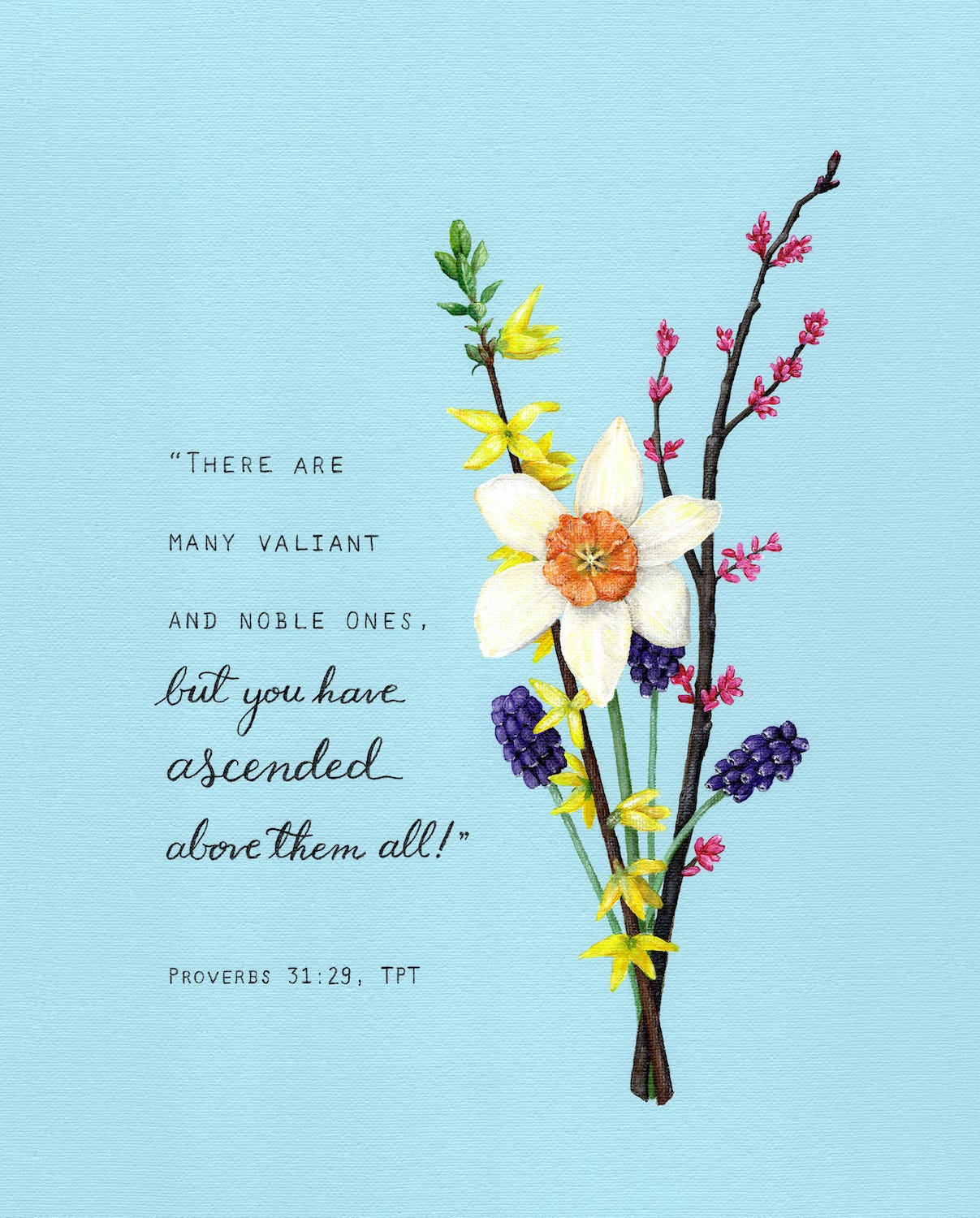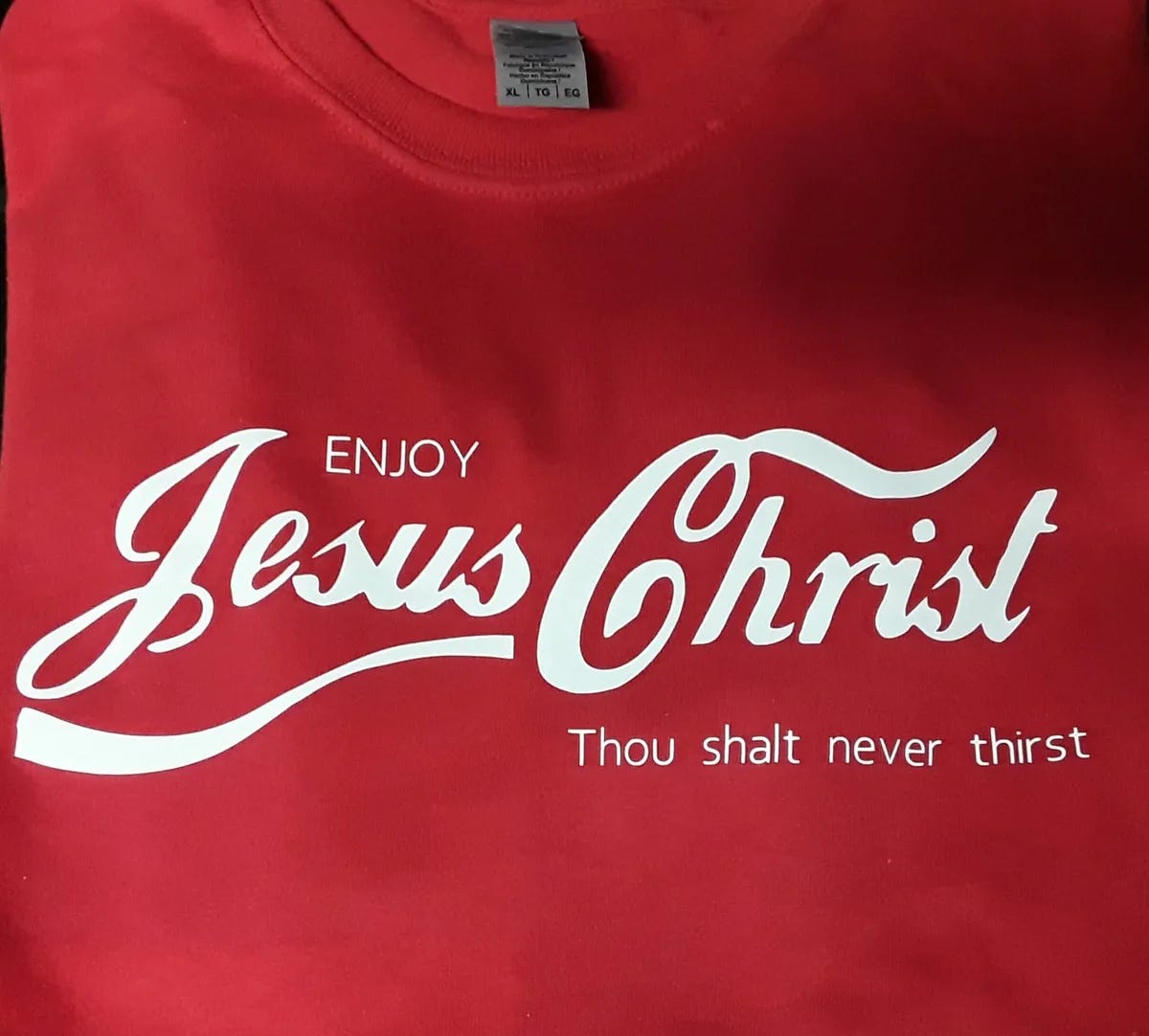Thanks to John Kugelman and Warrigal for answering my call for “dumb” cryptogram-makers yesterday! Both their works are in Perl, a language that I’m refreshing myself on now so that I can give them a full assessment.
I’m also getting into layout for The Journal of Wordplay, making sure that’s ready for next week’s rollout. With all that going on, I’m gonna take today’s installment easy—what follows is an updated passage from my old book On Crosswords.
Since there have been letters and playful minds, there have been unusual arrangements of letters. The Egyptian temple at Carnac holds the remains of a cross-hieroglyphic stela with instructions to read it “three times”—across, down, and in some third direction debated among scholars.[1]
The Bible’s Proverbs 31:10-31—Proverbs’ finale—contains “The Perfect Wife,” one of several acrostic poems in the Bible, beginning with each Hebrew letter in order.[2] You’ll also find these in Psalms and through most of Lamentations. Biblical translators tend to ignore the acrostic element, so I’ve done my best to restore it here. The views on wifedom and marriage have not been updated—but they’re an interesting window into ancient Hebrew culture, so they shouldn’t be.
A worthy woman! Who can find one? Her price is far above rubies.
Beateth the heart of her husband with trust in her, and he shall have no lack of gain.
Charity, not injury, she doeth him all the days of her life.
Doeth she work with her hands, upon the wool and flax that she seeketh.
Even like the merchant-ships, she bringeth her bread from afar.
Food she giveth to her household, and their task to her maidens, even while it is still night.
Giveth she consideration to a field, and buyeth it; with the fruit of her hands she planteth a vineyard.
Hath she strength in her waist and in her arms? Yea.
In her merchandise she perceiveth profit: her lamp goeth not out by night.
Judge her by her hands lain skillfully upon the distaff, and her palms upon the spindle.
Kindness she offereth to the poor; yea, she reacheth forth her hands to the needy.
Lieth snow upon her household? She is not afraid; for all her household are clothed with scarlet.
Maketh she for herself coverings of tapestry; her clothing is fine linen and purple.
Notable is her husband in the gates, when he sitteth among the elders of the land.
Overclothes of linen she maketh and selleth, and she delivereth girdles unto the merchant.
Poise and strength are her garments; and she laugheth at the time to come.
Quoth she the law of kindness; and she openeth her mouth with wisdom.
Regardeth she well the ways of her household, and eateth not the bread of idleness.
Sons and daughters of hers rise up, and call her blessed; her husband also, and he praiseth her, saying:
“Though many daughters have done worthily, thou excellest them all.”
Untruthful is grace, and beauty is vain; but a woman that feareth Jehovah shall be praised.
Value her by her works in the gates; and give her the fruit of her hands.
(Wait, this won’t quite work, because the Hebrew alphabet is
’Xactly 22 letters to the modern English 26. Oh, well.
You get the idea. One letter to go.
Zero.)
By the first century, Christians were using crossed words more practically. ΙΧΘΥΣ, the Greek acronym for “Jesus Christ, God’s Son, Savior,” is the same as the Greek word for “fish.” “Jesus fish” was a coded sign of Christianity during its underground days, a puzzle which Christians hoped only other Christians knew how to solve.[3]
If Christians were still hiding out today, they’d have to use special branded sodas, or J-COLAS, to signify Jesus Christ, our Lord and Savior to each other.
[1] “A Crossword Hymn to Mut,” H.M. Stewart, The Journal of Egyptian Archaeology, Vol. 57, (Aug. 1971), pp. 87-104; An Ancient Egyptian Crossword Puzzle: an Inscription of Neb-Wenenef from Thebes, Jan Zandee, 1966.
[2] Working chiefly but not exclusively from the American Standard Version.
[3] Elesha Coffman, “What is the origin of the Christian fish symbol?”, Christianity Today, August 8, 2008.
Next: A new micross!






T creates
]Crossword & cryptic puzzles,
Acrostics, Anagrams --
Many different kinds,
Puzzles of all shapes & sizes,
Brain twisting
Elegant,
Leaving his fans
Lost in astonishments & amazementsl
Many images of "ancient crossword puzzles" in this chapter of my "The Cultural History of the Crossword Puzzle"., written in Portuguese. https://1drv.ms/b/s!Aj6kOBkyV630huhzE9q4_EHjd-BPOQ?e=76f8wG